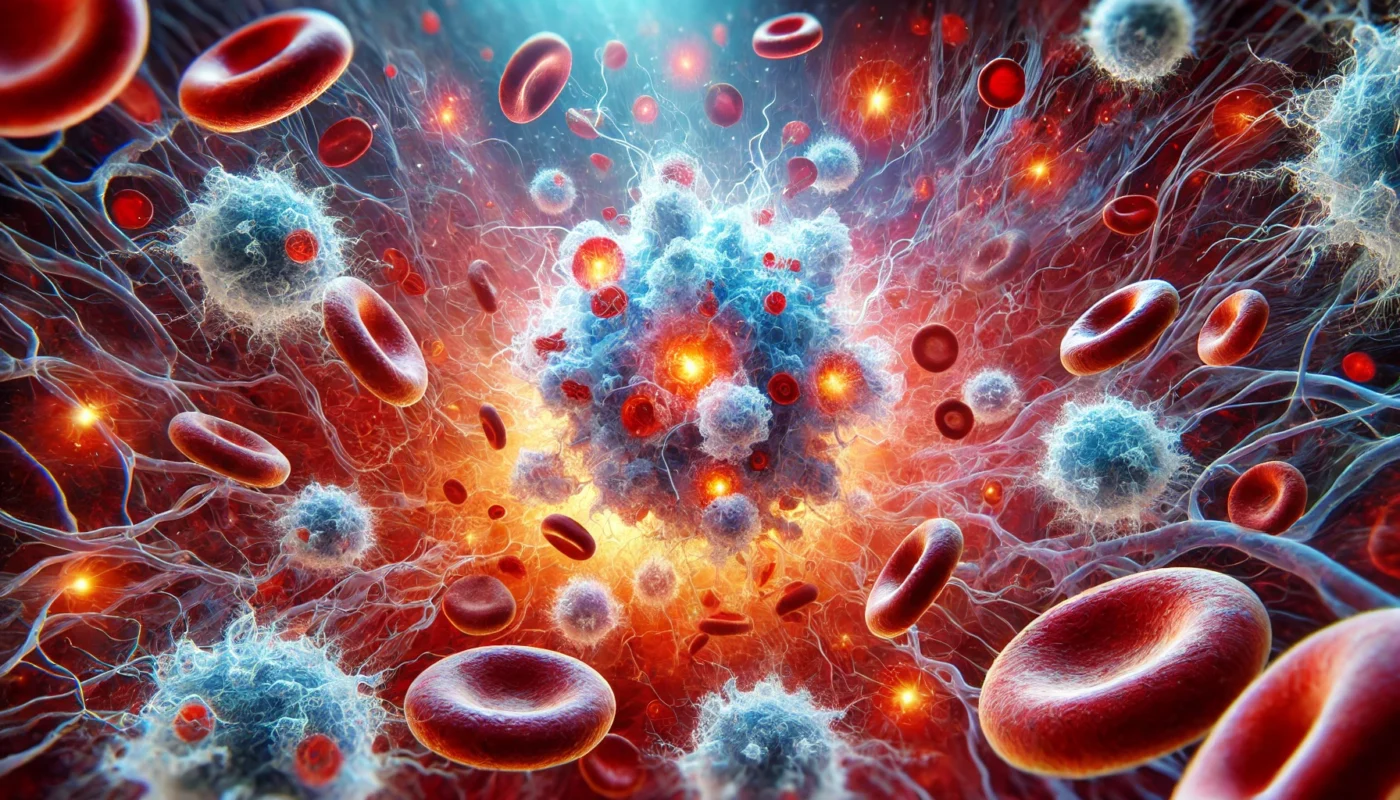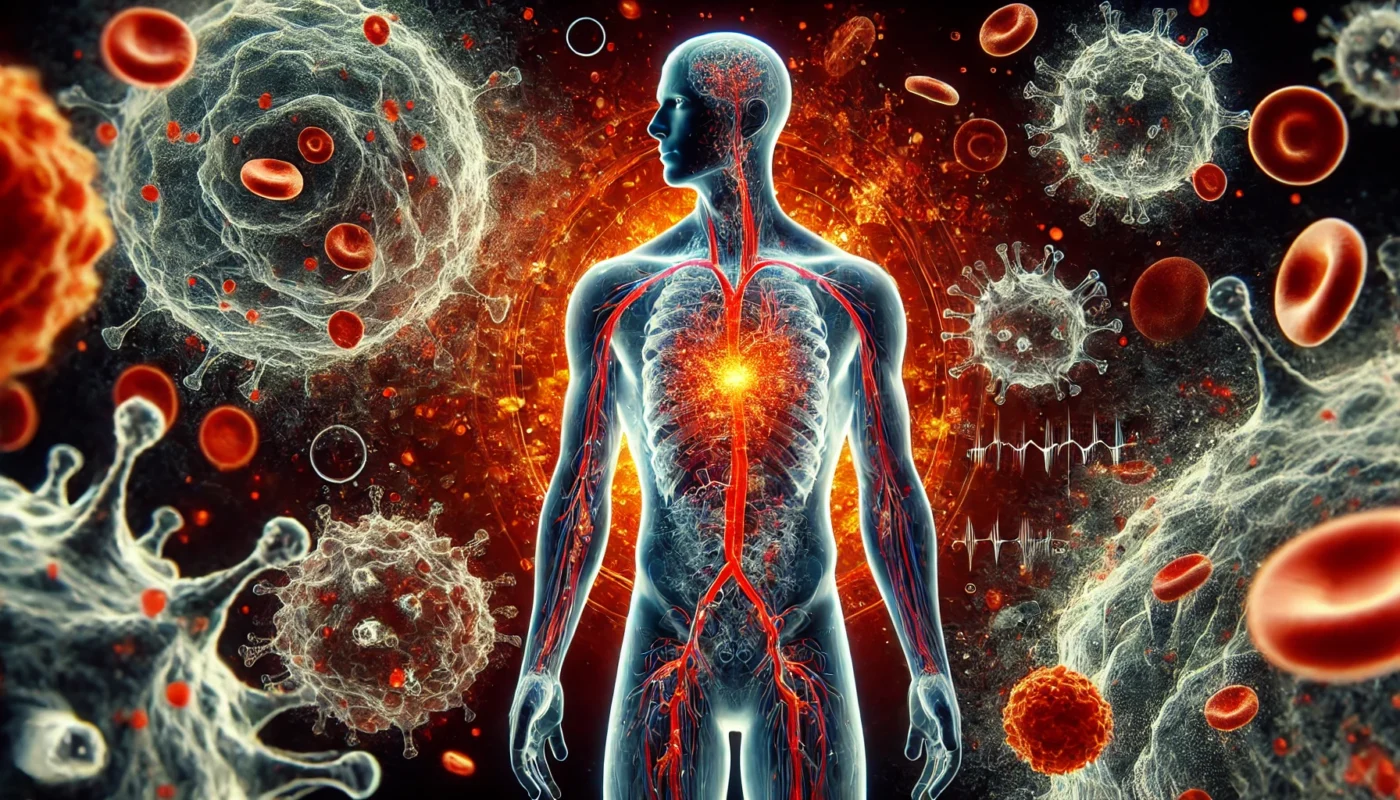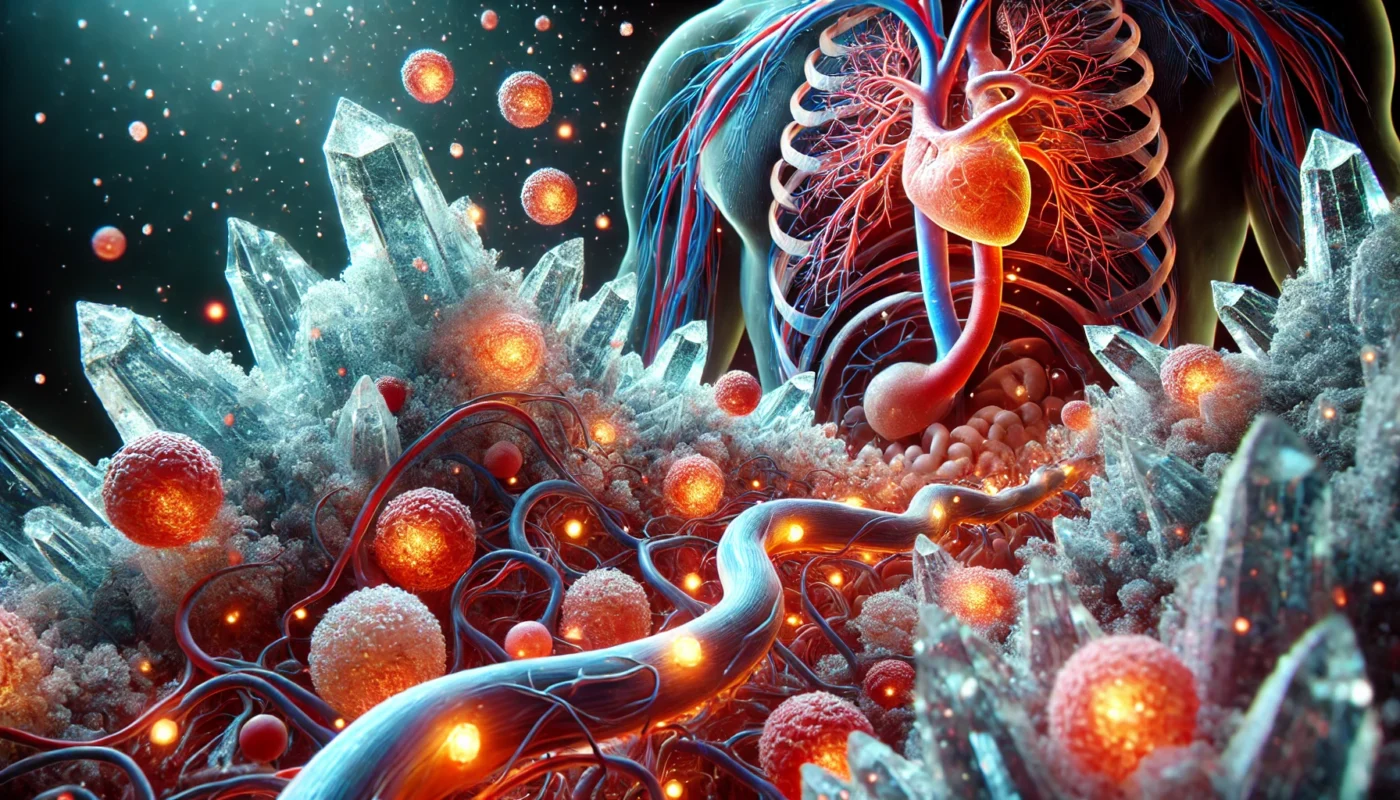Heart inflammation, medically known as myocarditis, refers to the inflammation of the heart muscle. This condition can be triggered by various factors, including viral infections, autoimmune diseases, and exposure to certain drugs or toxins. The inflammation can impact the heart’s ability to pump blood effectively, leading to a range of symptoms and potential complications.
Tag Archives: Autoimmune Diseases
Inflammation is the body’s natural response to injury or infection, designed to eliminate harmful stimuli and initiate the healing process. It’s a complex biological response involving various cells, proteins, and signaling pathways. Essentially, when your body senses an injury or pathogen, it releases chemicals that initiate an inflammatory reaction.
Immune inflammatory diseases, often referred to as autoimmune diseases, occur when the body’s immune response turns against its own tissues, leading to inflammation. This inflammation can affect various parts of the body, including the joints, skin, and organs. Understanding the mechanism of these diseases is essential for managing and potentially mitigating their impact on health.
Inflammation is a natural and essential part of the body’s immune response. It helps to fend off pathogens and repair tissue. However, when inflammation becomes chronic, it can contribute to a host of health issues, including arthritis, heart disease, and diabetes. Chronic inflammation is often described as a slow, silent burn that can lead to significant long-term damage.
The gut is often referred to as the body’s “second brain,” and for a good reason. It is home to trillions of microorganisms, collectively known as the gut microbiome, which play a crucial role in maintaining immune homeostasis. When the gut microbiome is balanced, it functions as a protective barrier against pathogens and supports the immune system’s regulatory functions.
When managing autoimmune conditions, nutrition plays a pivotal role. The debate around eggs in the context of autoimmune diseases is ongoing, with questions such as: “Why are eggs bad for autoimmune disease?” and “Are eggs really detrimental to autoimmune health?” surfacing frequently. In this article, we will explore the nutritional benefits of eggs, assess their impact on autoimmune diseases, and provide practical advice for those considering incorporating eggs into their diet.
Autoimmune diseases occur when the immune system mistakenly attacks the body’s own tissues, leading to inflammation and damage. Common conditions include rheumatoid arthritis, lupus, and multiple sclerosis. The exact causes of these diseases are not fully understood, but it is believed that a combination of genetic and environmental factors plays a role.
Inflammation, a biological response to harmful stimuli, is pivotal in maintaining health and combating disease. However, chronic inflammation can lead to various health issues, including cardiovascular diseases, diabetes, and arthritis. As interest in holistic health approaches grows, understanding how to measure inflammation in the body becomes increasingly important.
This article delves into the contemporary techniques used to measure inflammation, providing insights into how these methods can aid fitness enthusiasts, health aficionados, and medical patients alike in optimizing their wellbeing.
Vitamin D is often associated with bone health and immune function. But did you know it also plays a crucial role in managing inflammation?
Inflammation is a natural immune response. However, when it becomes chronic, it can lead to various health issues. Recent research suggests that vitamin D can help modulate this process.
This article aims to explore the anti-inflammatory properties of vitamin D. We’ll delve into the science behind it, making it accessible for fitness enthusiasts, health enthusiasts, and medical patients alike.
We’ll also discuss how vitamin D can be beneficial for various health conditions related to inflammation. Plus, we’ll provide practical ways to incorporate vitamin D into your health and wellness routines.
Understanding the link between vitamin D and inflammation can help you optimize your health. It can guide you in managing existing health conditions or even preventing potential ones.
So, whether you’re looking to recover from an injury, manage a health condition, or simply optimize your health, this article is for you. Let’s dive into the fascinating world of vitamin D and its anti-inflammatory properties.









